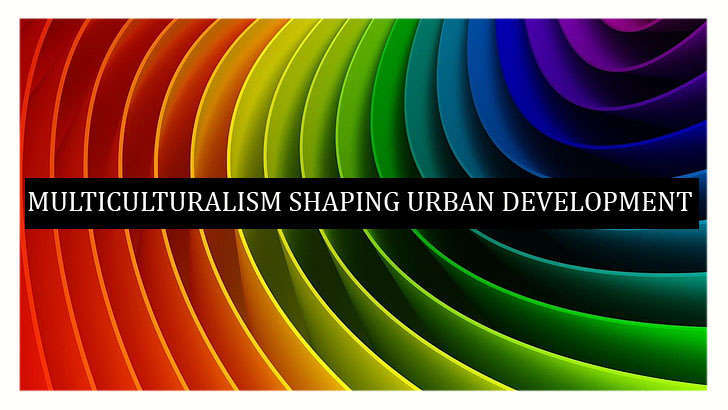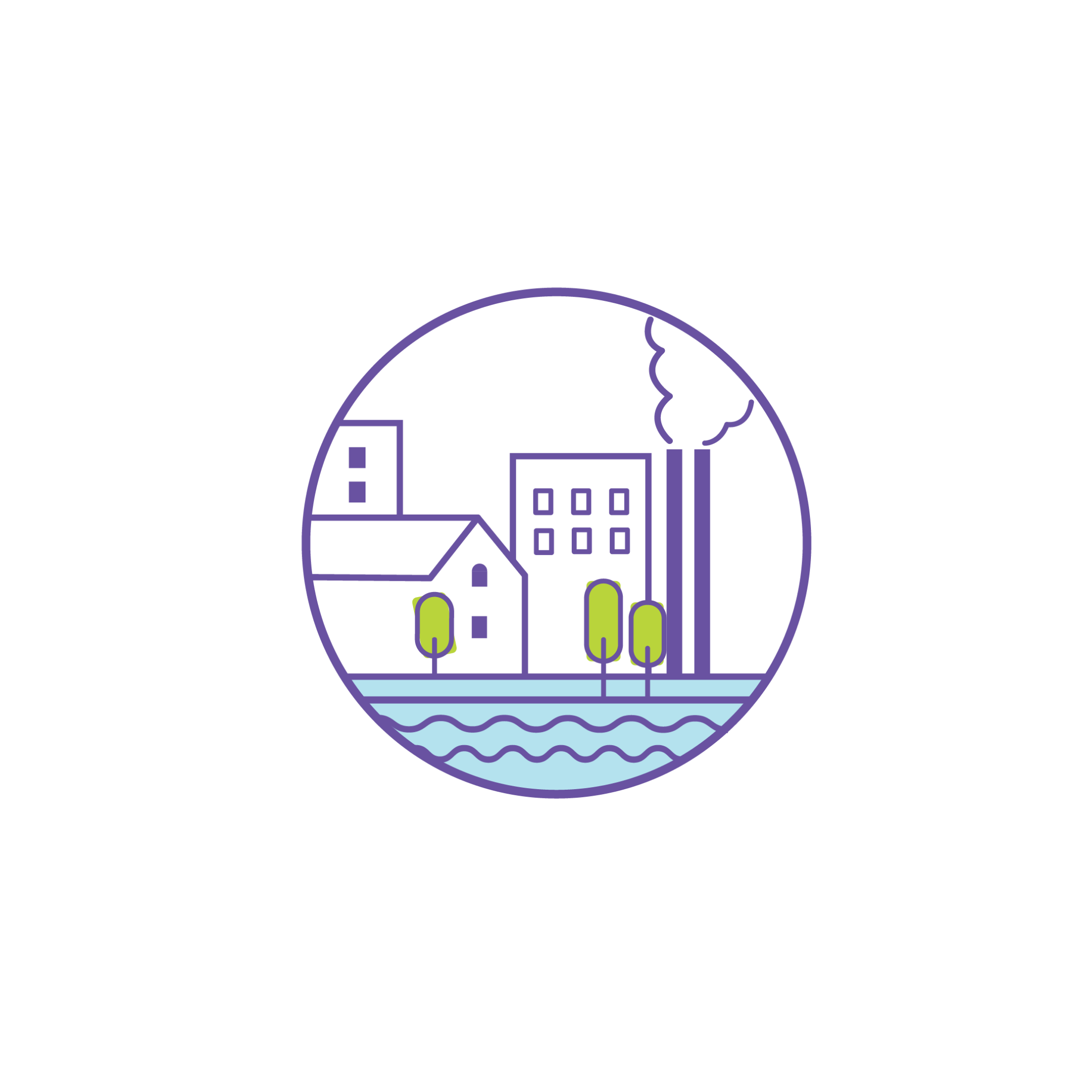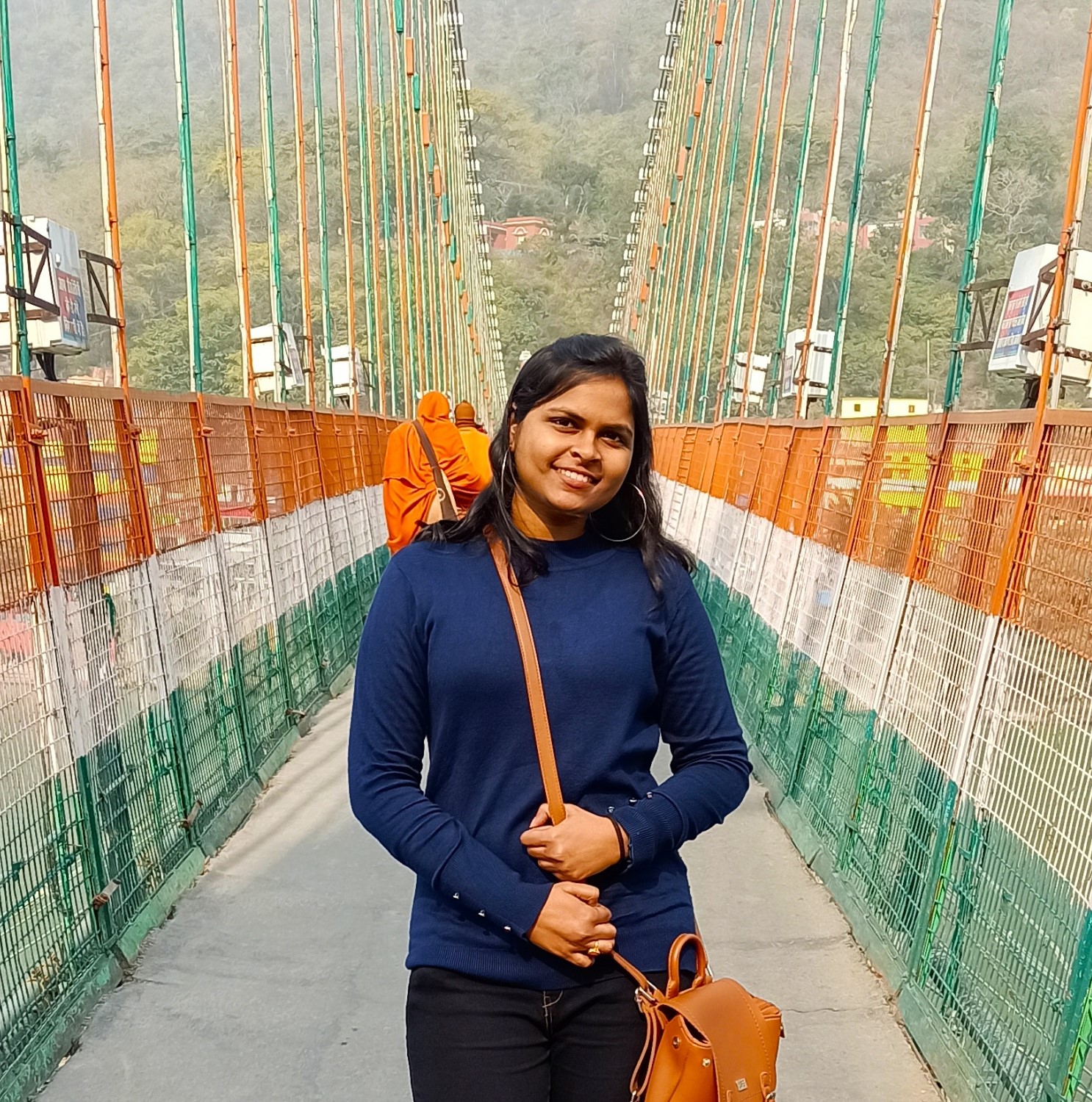DISSOLVABLE PLASTIC: A SOLUTION TO POLLUTION
As we know Plastic bags are a great contribution to pollution and
there are constant efforts endorsed to make it more environment-friendly.
Recently during pandemic COVID-19, the mask, gloves and PPE kits made of
plastic (polychloroprene) used for treatment were spotted on the beaches,
oceans and roads lying in spite of being collected and disposed. This material is
non-biodegradable and causing a harm to the animals on the roads as well as to
the marine animals if they consume it and this may lead to suffocation and
death. This material can remain in water without decomposing for more than 100
years and can cause harm to the marine animals if they consume that material.
Plastic affects human health. Chemicals leach out of plastic and are found in
the blood and tissues in nearly all of us. Exposure to them linked to cancers,
birth defects, impaired immunity, endocrine disruption and other ailments.
Littering of plastic in open spaces creates unhygienic conditions, as it acts
as a breeding ground for insects and mosquitoes that cause diseases like
malaria and dengue. When plastic artefacts enters the drainage and sewage
system, they block the pipes and the drains causing waterlogging. In India, nearly 26,000 tonnes of plastic are
generated of which 40% remains uncollected causing chock of drainage and river
system, littering of marine eco-system, soil and water pollution and open air
burning leading to adverse impact on human health and environment. In 2019,
India took a pledge to beat plastic pollution by eliminating all single use
plastic in the country by 2022. We can find recyclable and biodegradable take away bags
today, no doubt about that. But what if we can get
bags so eco-friendly that you can compost and even drink it then? Just we gone through the innovative approach to tackle this
problem of plastic pollution adopted in Bali, Indonesia. Bali is a great
tourist attraction for Indonesians and people all over the world, but trash
problems (mainly plastic) become a negative effect. Every day, there’s
estimated 1.5 kg of trash disposed from every hotel on the island. The waste
management is bad, and since Indonesia is one of the largest marine plastic
polluters in the world, this makes matters even worse. Furthermore, as a
developing country, Indonesians frequently use disposable and less green
products because they’re cheaper. You’ll find a lot of styrofoam takeaway
boxes, plastic bags, and plastic straws in this country. This leads to more
waste and pollution.
So, a company called Avani was inspired to
come up with a great green technology. They replace disposable items such as
coffee cups, food boxes, and cutlery with the affordable, biodegradable ones.
However, the most striking and innovative product would be the bags. Not only
does it biodegrade, the bags are edible and safe for animals as well as
dissolvable in water. At a first glance, you won’t notice that Avani bags
aren’t made of plastic. They even feel, look, and perform like your usual
petroleum-based bags. The bags are made from 100% bio-based material like
Cassava, and the printing uses eco-friendly ink. Moreover, they can be recycled
with paper. We can also add it to your compost pile. These bags only need 90
days to fully decompose, roughly the same time as shredded and soaked
cardboard. But what’s great about the bags is that even when it ends up in the
waters or some places on land, the animals can still safely eat it. So even
when turtles mistake these bags as jellyfish, they remain unharmed.
To show
that the bags are completely safe for animal and human consumption, Avani
founder just put a piece of the bag inside a glass of water. He stirs it around
and it dissolves easily. After that, he drinks the bag water casually and all
is fine. Avani aims to provide Bali locals and tourists less hazardous
products, especially when it comes to food and drink. Sure, there are
food-grade plastic out there, but it’ll be a lot better to drink or eat
something from all-natural containers. With these alternatives, little
chemicals and unwanted substances won’t get into your system at all. Avani was
founded in 2014. Kevin Kumala, the co-founder, has a background in biology,
medicine, and business management. Together with Daniel Rosenqvist, they want
to solve worldwide problem of plastic waste. It started from the heart of
Indonesia’s tourism, Bali island, and they’ve been manufacturing their bio
products there. As they want to create sustainable, recyclable packaging
globally, they want to expand their products to different parts of the world.
The good thing is, they’ve partnered with the United Arab Emirates. Avani also
introduce the full portfolio of Avani eco-friendly products including sugarcane-fibre-based
houseware, cornstarch straws, paper and cornstarch coffee cups and wooden
cutlery. They have already started to engage with retail, hospitality, hotels
and restaurants here to showcase their products and the added value they
provide, not only for clients, but also for the end consumers and future
sustainability of the UAE. Even though there’s only one known partner of this
company, Avani bags may bring us a few steps closer to live in a free-plastic
world. Semi-biodegradable bags don’t break down completely. Instead, it
disintegrates into microscopic pieces, which can be harmful to us humans as
well as animals. There are recent studies suggesting that miniscule plastic
pieces are starting to enter human food chains. To save mother Earth and
ourselves, we should stop using plastic altogether.
Mangalore
established a company to produce 100% dissolvable, compatibles plastic and
biodegradable products in collaboration with EnviGreen Biotech India Ltd. In
2017 using raw material available in India like Natural starch form tapioca,
potato, banana peels and sugarcane and made three products like garbage bags,
shopping bags and packaging bags in order to make plastic free India. Although
India is taking many steps to beat plastic pollution like eliminating single
use plastic, providing plastic bottles dispensing machines etc. but what if
India starts using dissolvable plastic in large scale in each and every state
and cities then definitely India will be a plastic free country and contribute
towards saving the environment. Adopting dissolvable plastic will save the wild
animals as well as marine animals, environment and human health from the
plastic harmful effects, as the dissolvable plastic is made from the natural
material and is 100% dissolvable in water and can be eaten
Together We
Will Grow, Together We Will Build
Related Articles
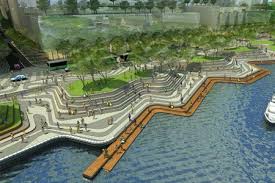
Urban Renewal
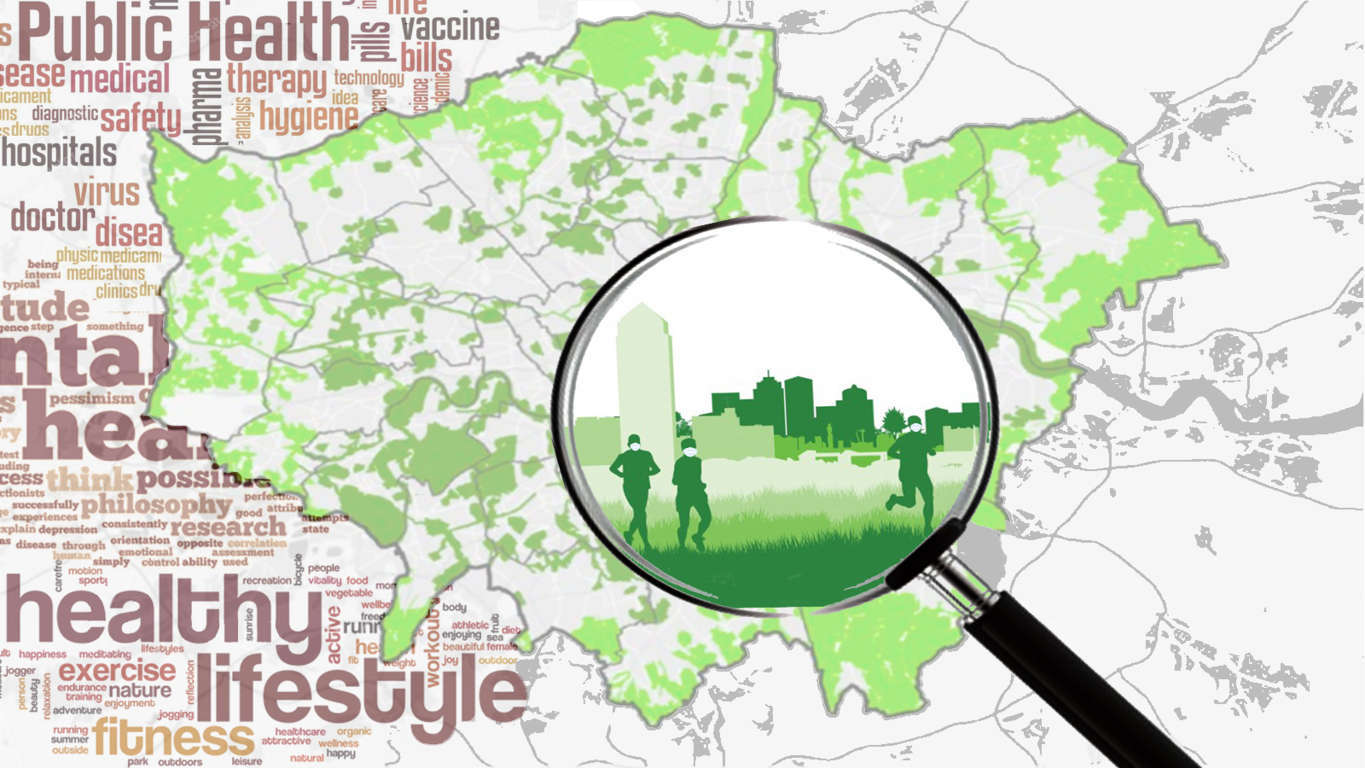
HEALTHY CITIES: A NEW NORMAL FOR COVID-19 ADAPTATION AND MITIGATION
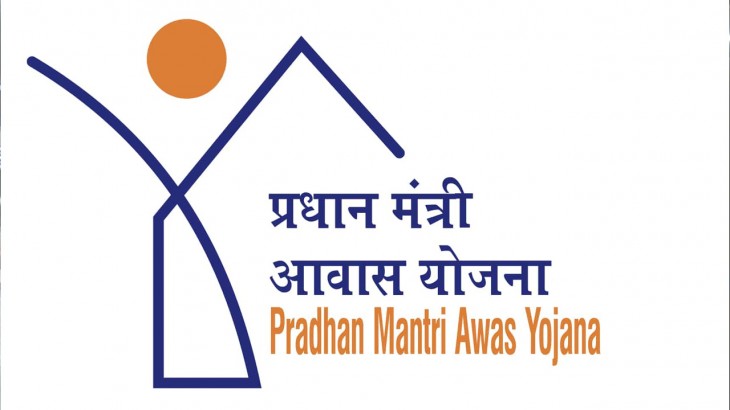
Analysis of Pradhan Mantri Awas Yojana (PMAY) Urban and Gramin

URBAN AGRICULTURE: A STEP TOWARDS SUSTAINABILITY
